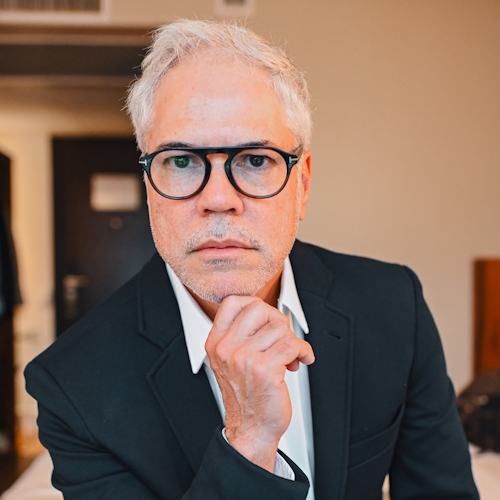2025 Award Recipient | Carlos Pereira
 Lecture: Between Threat and Breakdown: Understanding Democratic Resistance in Latin America
Lecture: Between Threat and Breakdown: Understanding Democratic Resistance in Latin America
The literature on democratic backsliding presents conflicting views about its scope and the vulnerability of democratic regimes. We argue that a more accurate assessment of democratic resilience requires distinguishing conceptually and empirically between autocratic rhetoric and autocratic attempts, on the one hand, and democratic erosion and democratic breakdown, on the other. Building on this distinction, we contend that control over cohesive legislative majorities is a key enabling condition for successful autocratic efforts to erode democracy. While factors such as judicial independence, the rule of law, pluralistic party competition, civil society strength, and protest mobilization also contribute to democratic resilience, it is ultimately legislative control that allows autocrats to systematically dismantle democratic institutions. We support this claim with a region-wide analysis of democratic backsliding in Latin America from 1978 to 2023 and a comparative examination of four presidential cases: Jair Bolsonaro in Brazil, Álvaro Uribe in Colombia, Carlos Menem in Argentina, and Lucio Gutiérrez in Ecuador. Our findings highlight how internal divisions within governing parties or coalitions have, in key cases, blocked autocratic consolidation or enabled democratic recovery—insights often overlooked or misclassified in aggregate democracy indices.
Biography
Carlos Pereira is a Professor at the Getúlio Vargas Foundation (FGV EBAPE), Rio de Janeiro, a weekly op-ed columnist for the newspaper Estado de São Paulo (Estadão), and a Senior Fellow at the Brazilian Center for International Relations (CEBRI). He holds a PhD in political science from the New School / New York University and completed postdoctoral work at the University of Oxford.
He was a visiting professor at Université Paris 1 Panthéon-Sorbonne (2022-2023); Edward Laroque Tinker Visiting Professor at Stanford University (2017); visiting scholar at the Hertie School of Governance, Berlin (2016-2017); visiting fellow in Foreign Policy and Global Economics at the Brookings Institution (2010-2011); and resident fellow at the Bellagio Center of the Rockefeller Foundation, Italy (2008). He also served as an Assistant Professor in the Department of Political Science at Michigan State University (2005-2011) and as a Professor at the São Paulo School of Economics at Fundação Getúlio Vargas (FGV EESP). He worked as a visiting professor in the Department of Economics at the University of São Paulo (USP) and at Colby College in Maine, USA.
He has extensively published in several academic refereed journals, including the Journal of Politics, Comparative Political Studies, Government and Opposition, Governance, Regulation & Governance, Presidential Studies Quarterly, Legislative Studies Quarterly, Journal of Democracy, Latin American Politics and Society, among others. He is the author of four books: Regulatory Governance in Infrastructure Industries (2006, The World Bank Press), Making Brazil Work: Checking the President in a Multiparty System (2013, Palgrave Macmillan), Brazil in Transition: Beliefs, Leadership and Institutional Change (2016, Princeton University Press), and Why Brazilian Democracy Didn’t Die? (2024, Companhia das Letras).











